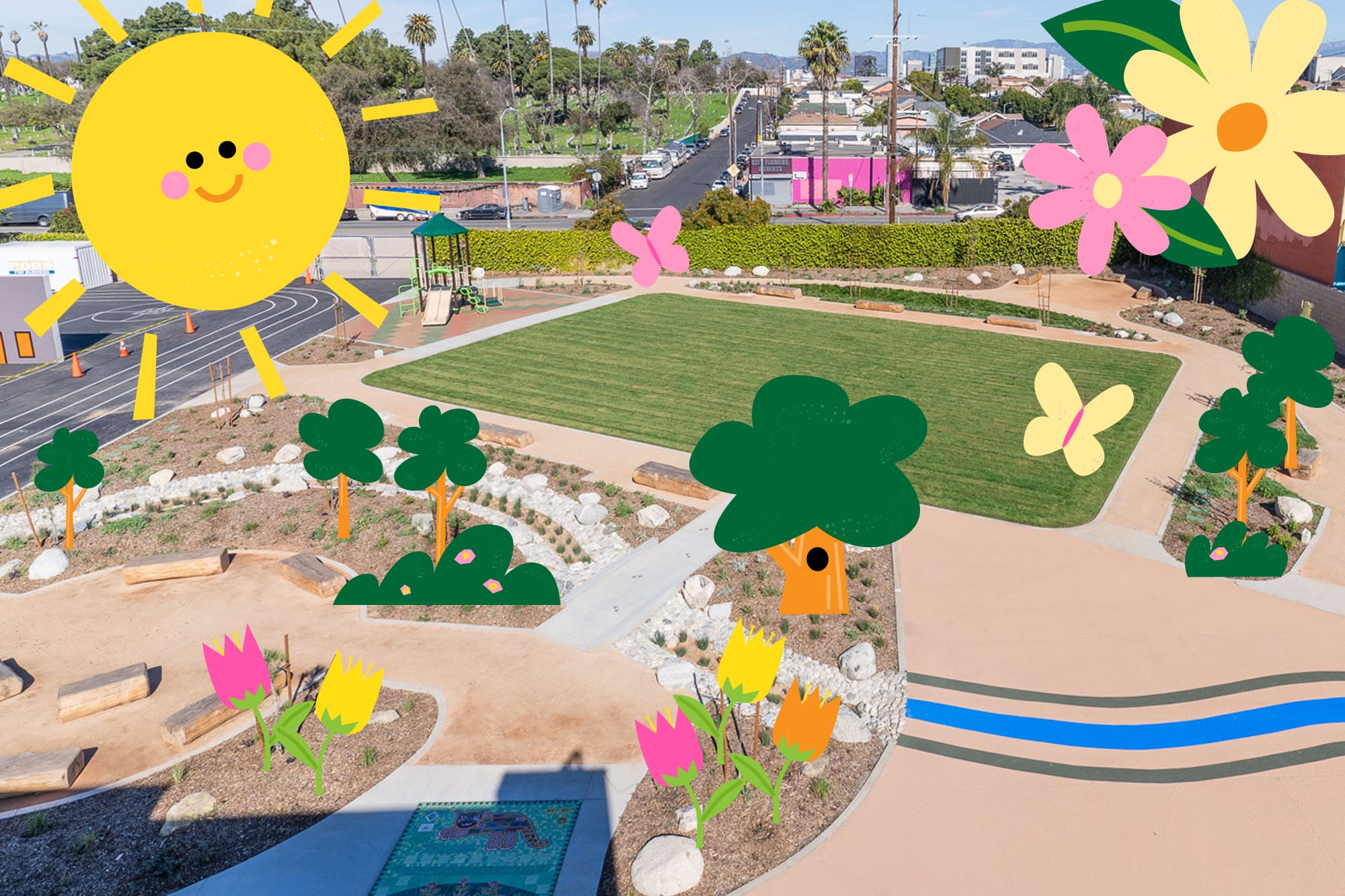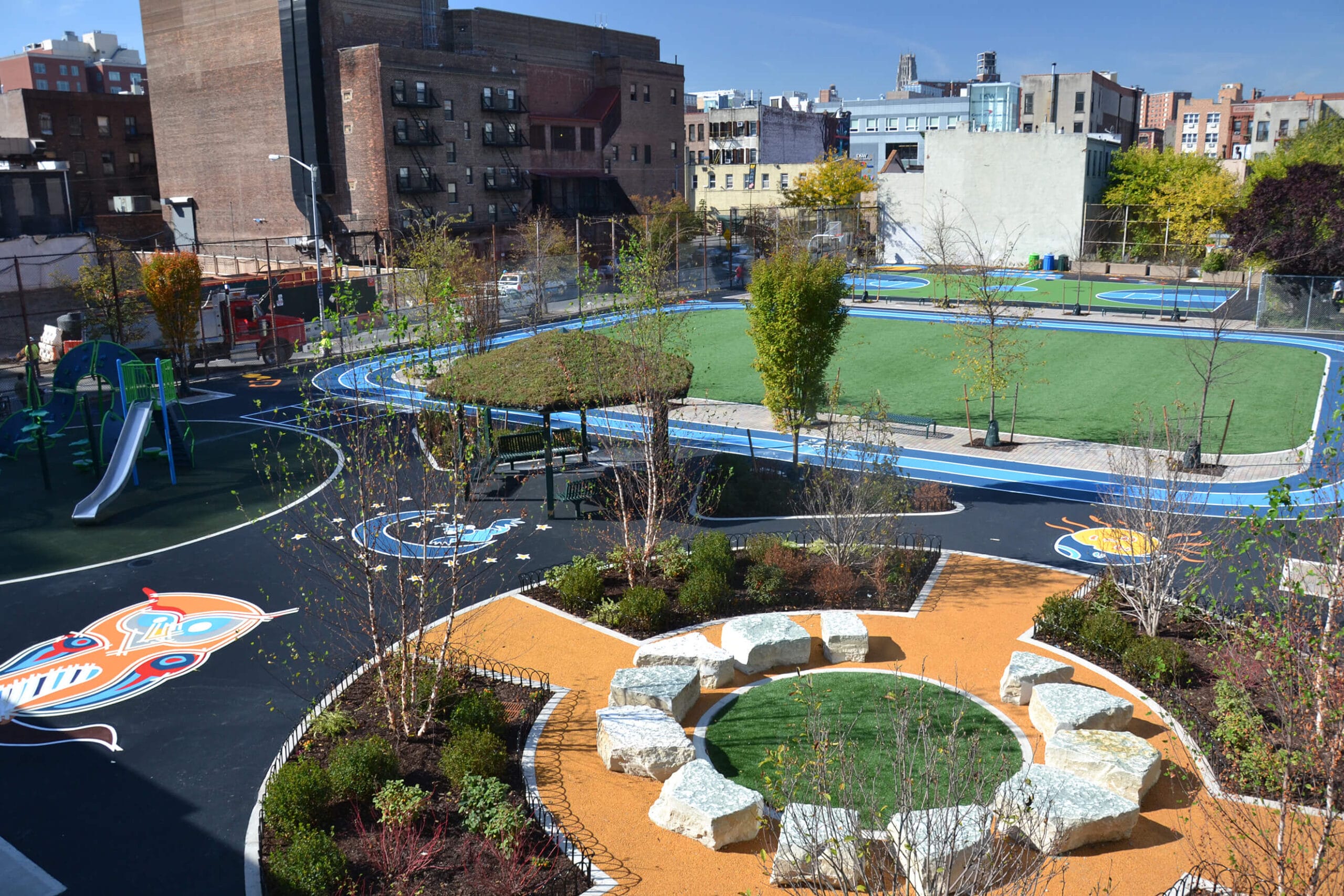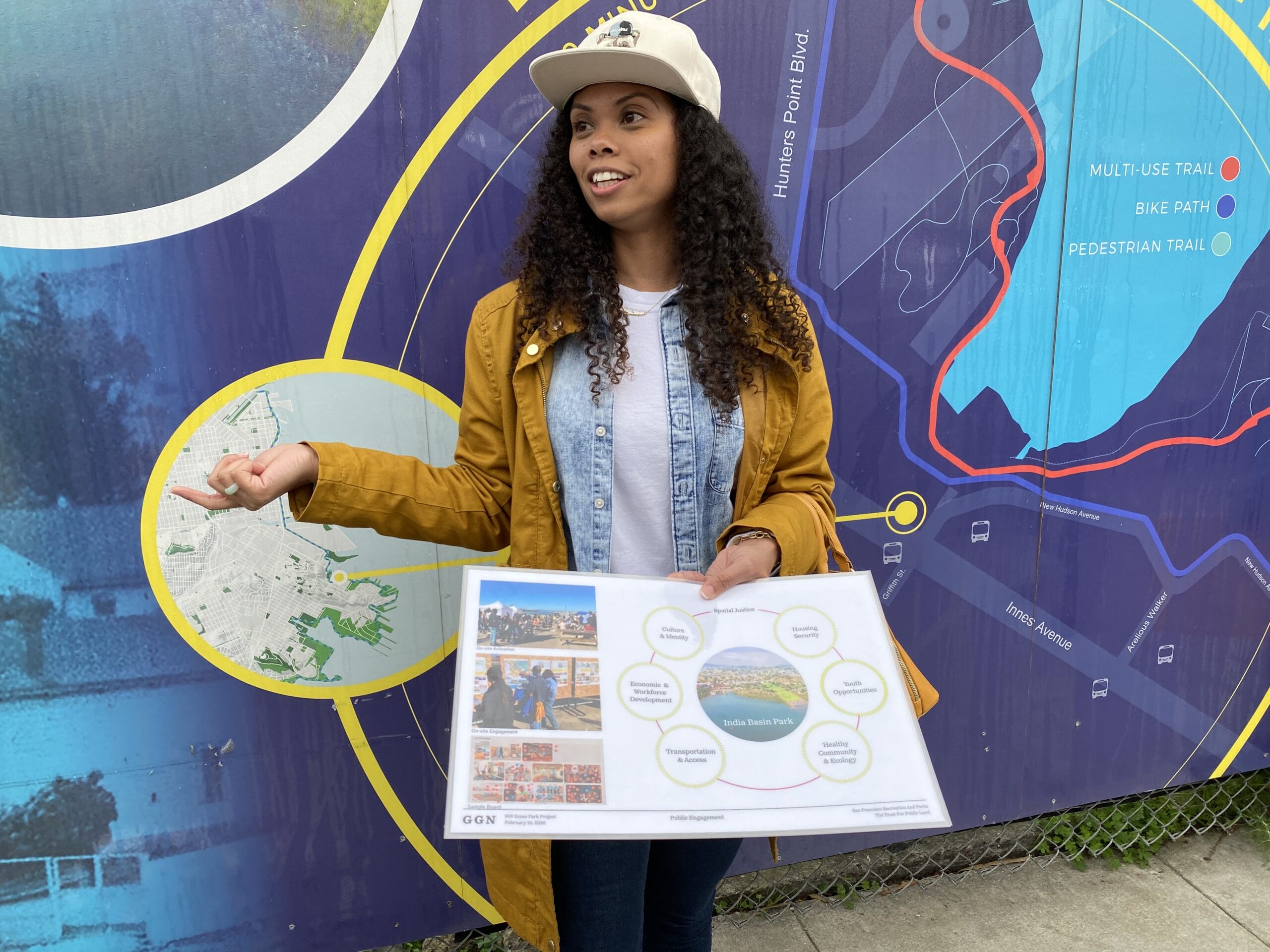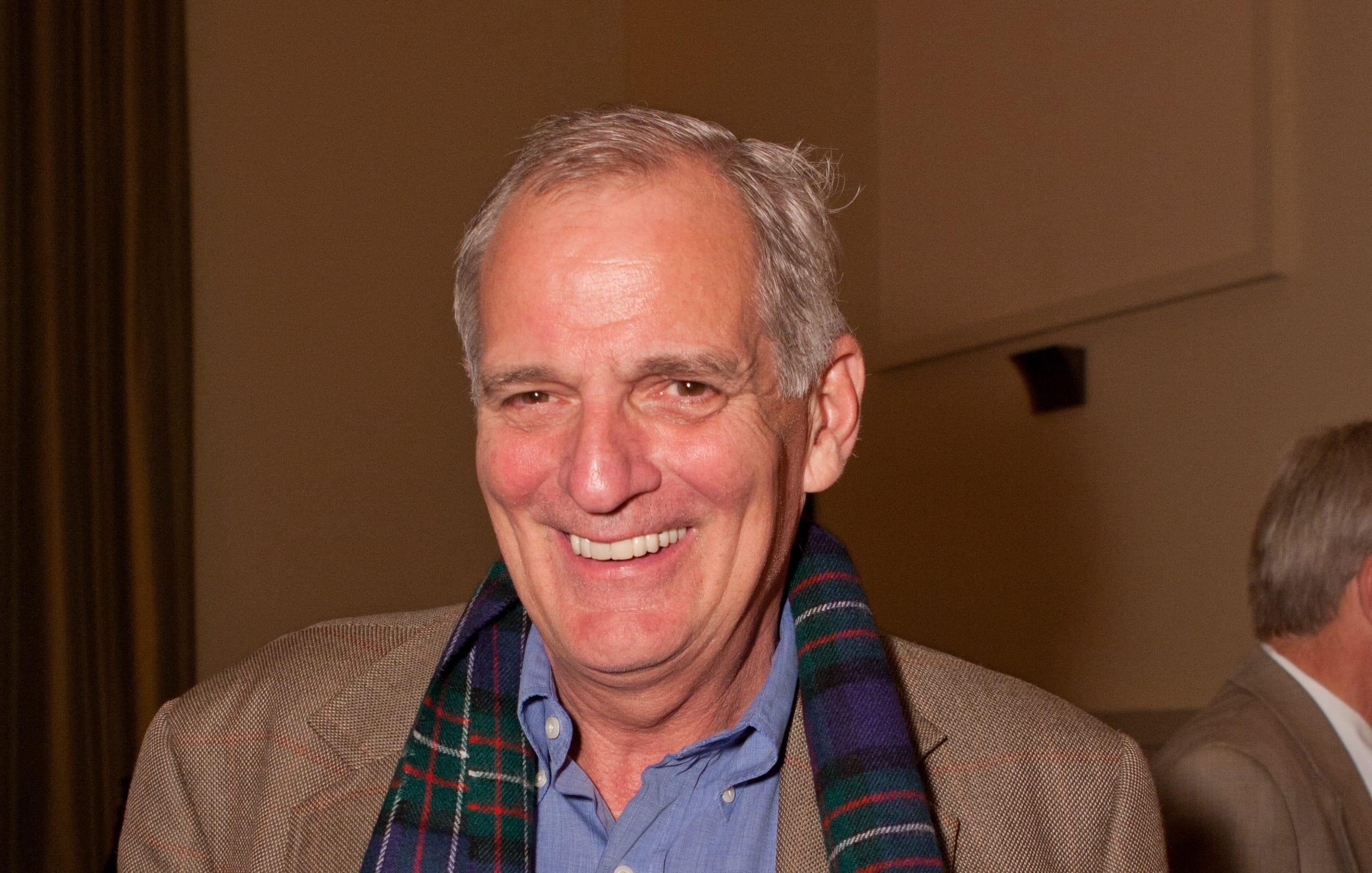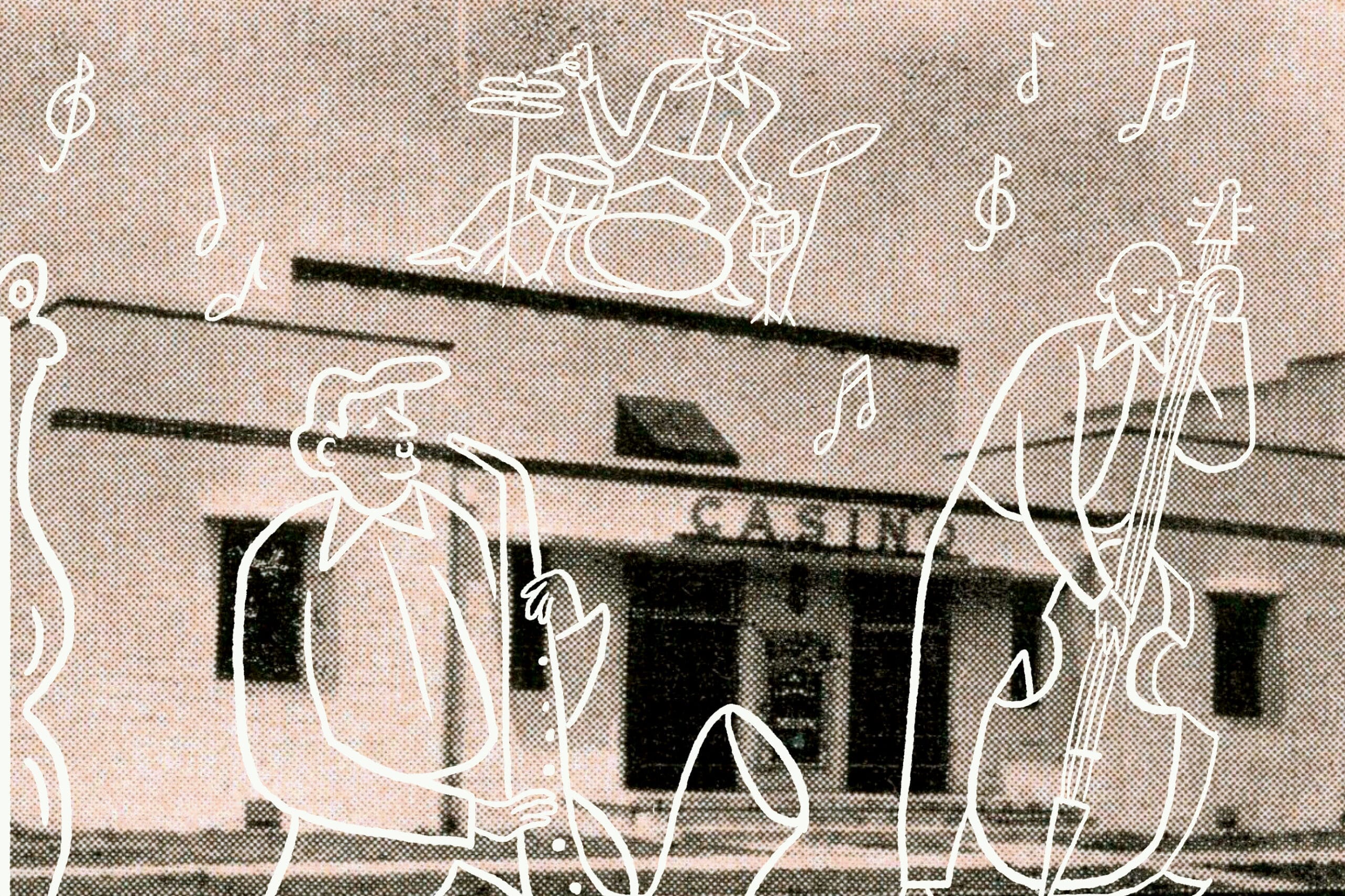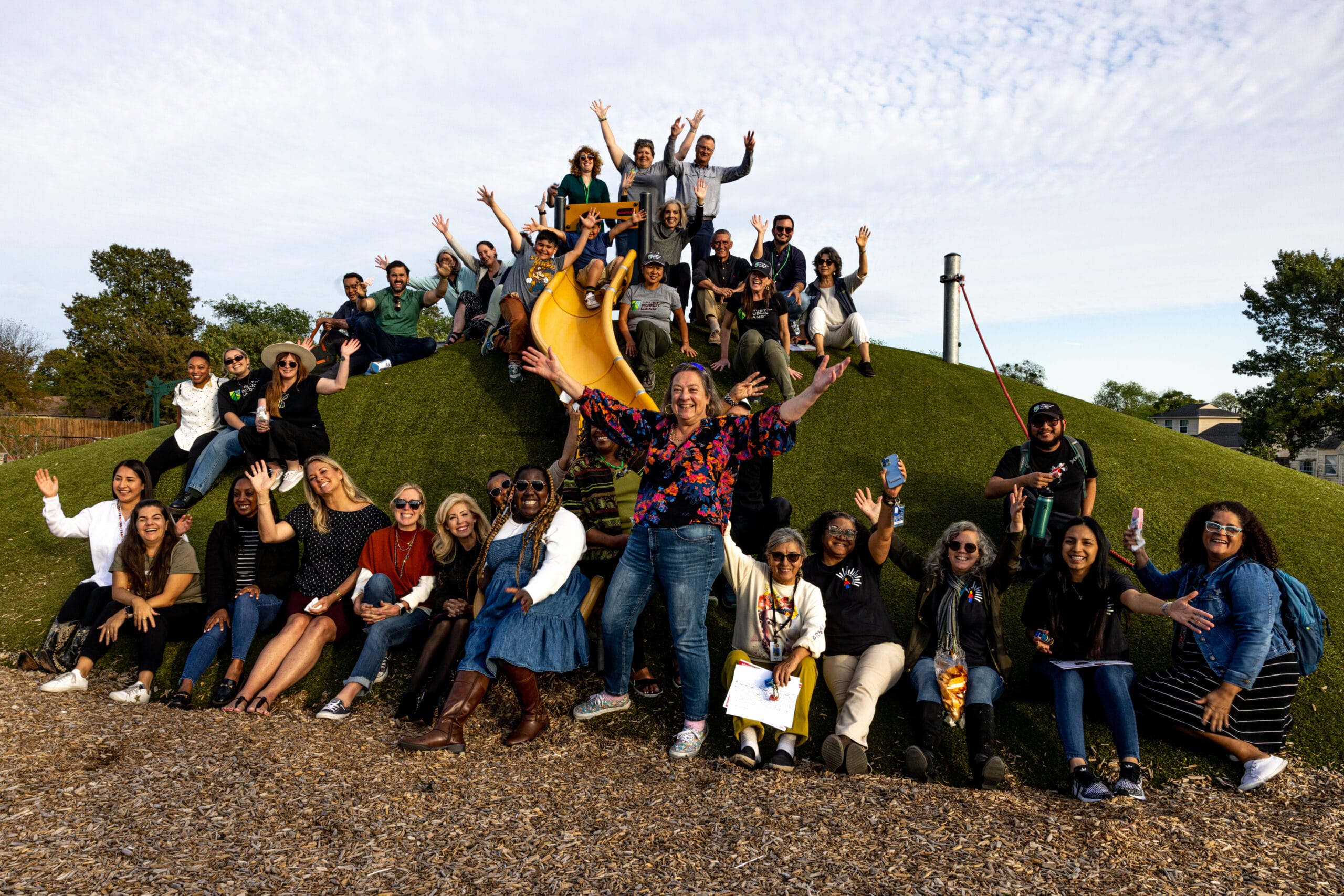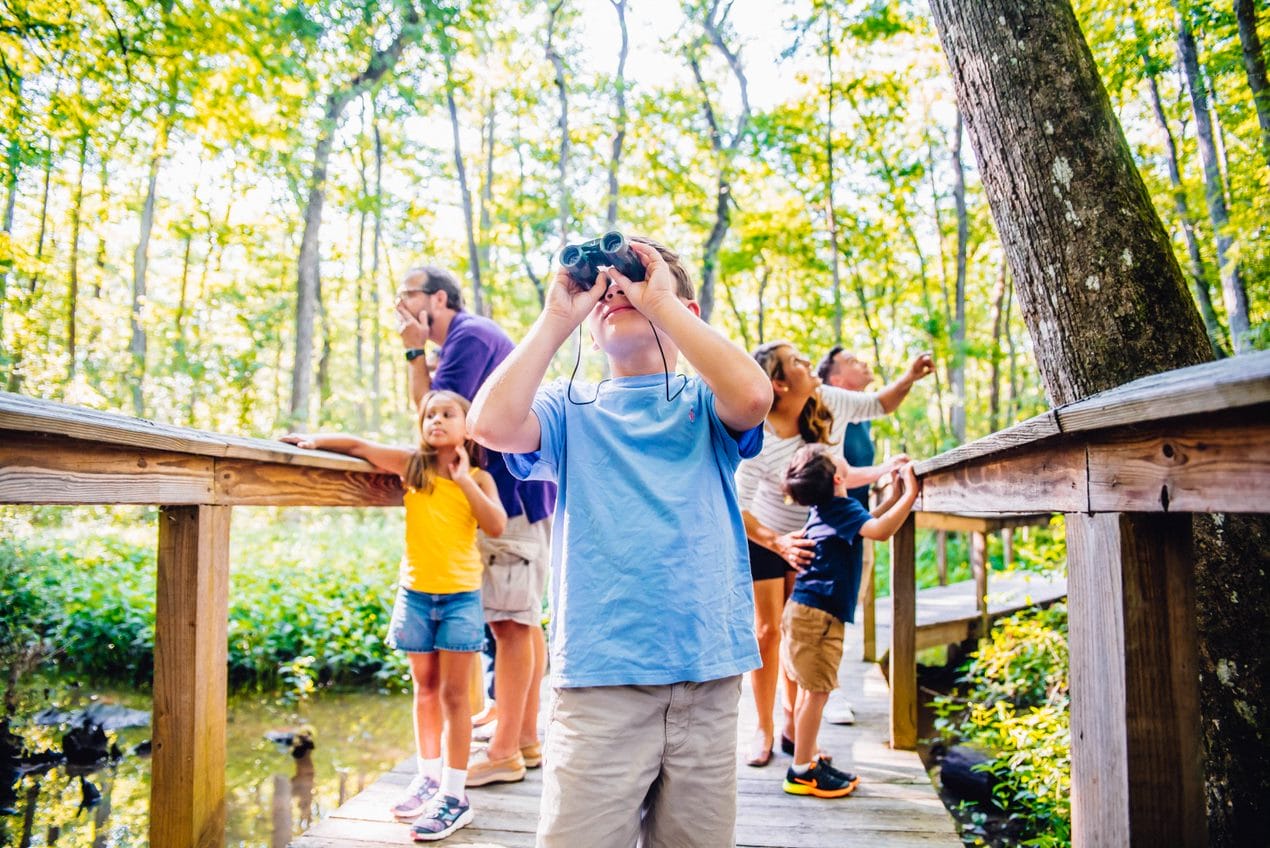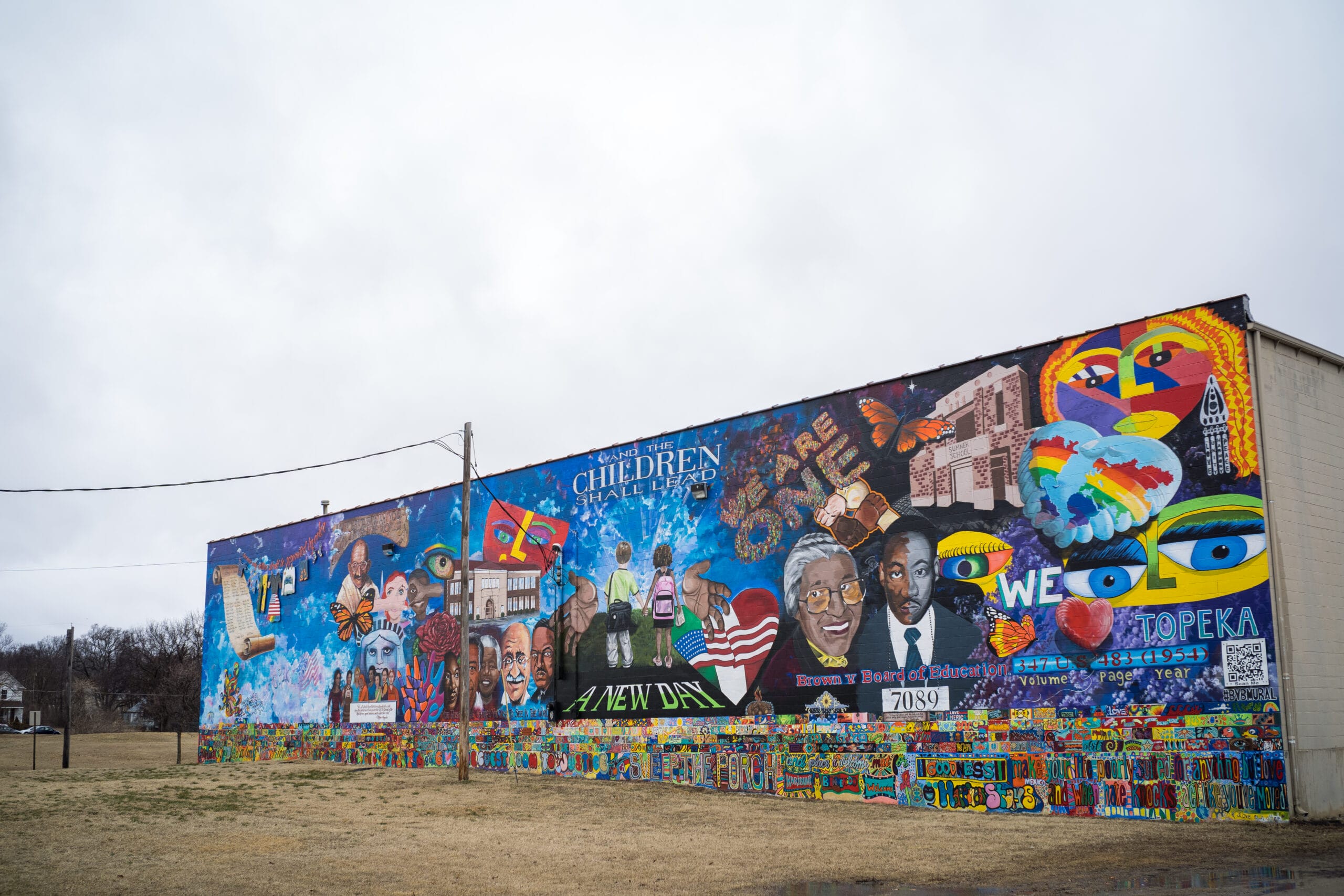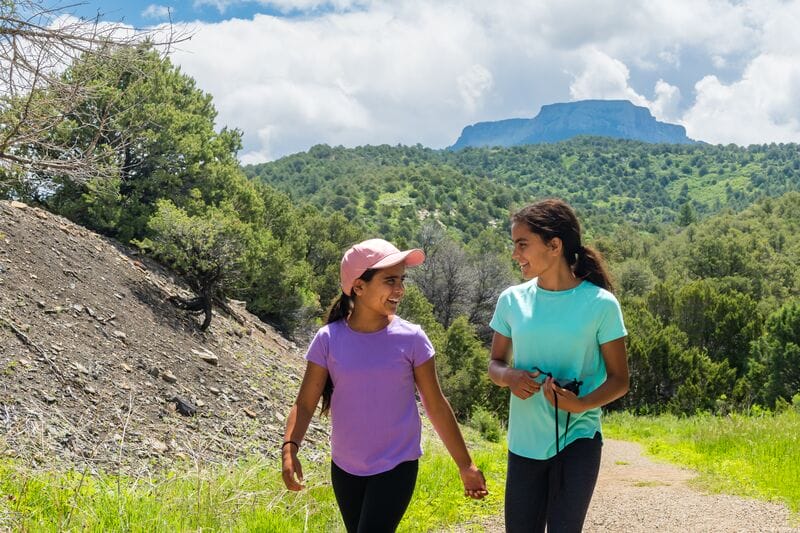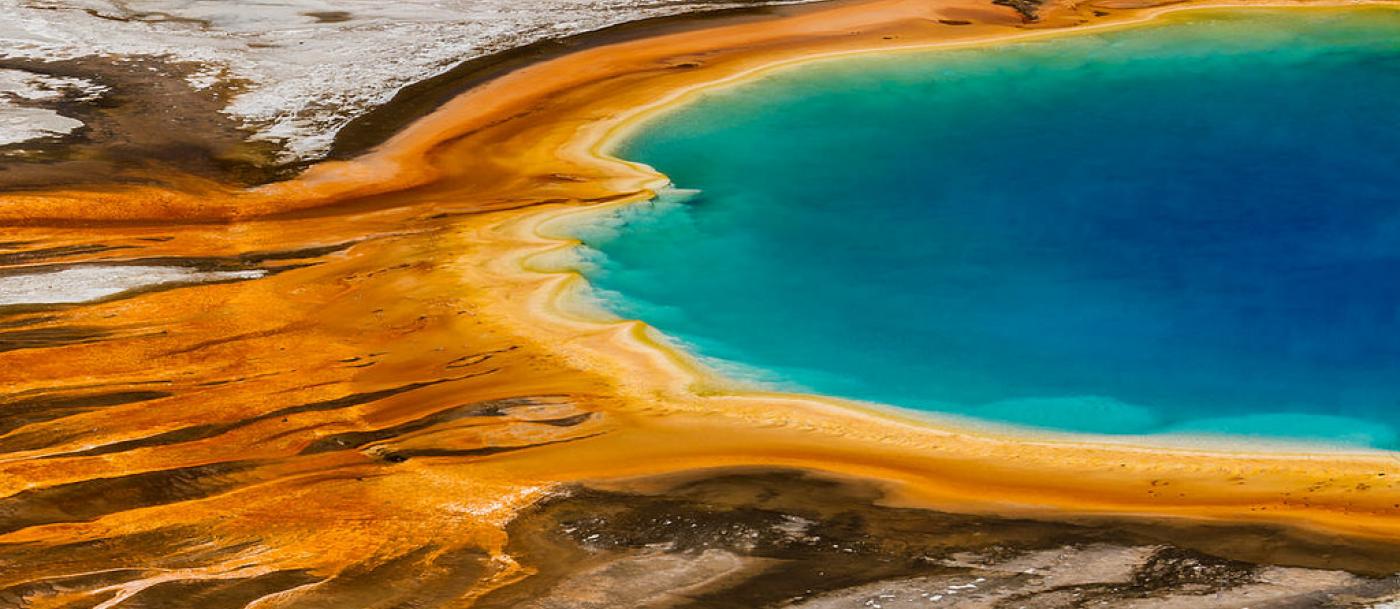
A trumpeter heralds the national parks
A trumpeter heralds the national parks
In October, jazz composer and trumpeter Wadada Leo Smith released his latest album “America’s National Parks.” It’s definitely our kind of music, so we were thrilled when Smith took time out of his rather allegro tour schedule to tell us how nature has influenced his life and art.
Was it a trip to a national park that inspired this album?
You know, believe it or not, I have never been to a single one! On my 70th birthday I was given a DVD set of the Ken Burns documentary series on the national parks. Even without having visited one, I could see that the national parks are a marvelous contribution to our society. To have our best places set aside as common property for everyone is a beautiful idea, a vital idea.
The moment I started watching the series I was writing down ideas in my little notebook—the Yellowstone piece on this album came out of those first notations. I thought a lot about Claude Debussy, composer of a piece called “La Mer.” He wasn’t a seaman in any way. But if you listen to “La Mer,” you’ll hear how it captures the experience of being on the ocean. It’s a convincing piece of music, and I held Debussy in mind while creating my own.
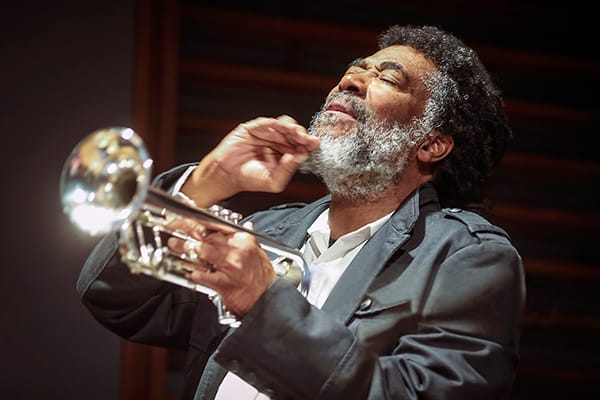 Wadada Leo Smith’s newest album is an ode to, and a critique of, the national parks.Photo credit: Michael Jackson
Wadada Leo Smith’s newest album is an ode to, and a critique of, the national parks.Photo credit: Michael Jackson
If not in the national parks, how do you most commonly encounter the natural world?
I walk. My favorite way of exercise is walking by myself—I walk in cities, I walk in woods, I walk on the sides of mountains. I like to go out in the hills with my daughters and granddaughters near our home in Connecticut.
Walking with a companion is a lovely way to pass the time, but you do have to entertain each other. Walking alone is one of the best ways to get to know your own mind, and also to engage with the other part of yourself, which is nature and the elemental energy of creation.
How has that time outdoors influenced your art and career?
I know that walking in nature bolsters creativity: I don’t care who you are, ideas will pop into your head about how to improve, expand, and make new. The moment I walk out of my house and get the wind over my head and body I begin to reflect, and that triggers a whole avalanche of ideas—musical, poetic, literary, mechanical—all of that stuff just flows. When you’re walking in nature, it’s like your creativity is being reinforced by new nutrients. It’s fertilizing your whole being.
Some of the tracks on the album refer to places that aren’t national parks—at least, not yet. For instance, one of the tracks is named for the Mississippi River: can you tell us more?
As I made this album, I was thinking about going beyond the traditional notion of a national park as a just a pristine, beautiful wilderness area—although we do need those. But what if a national park was anything that touches our common history?
Take the Mississippi River. This is a waterway that helped define the nation, the spine that helped us grow and become the breadbasket of the world. It traverses all these different ecosystems and takes water to a large part of our country. It was also the final resting place for many victims of racially motivated violence in the segregated south. When I was young, coming up in Leland, Mississippi, I’d cross the river many times traveling to play gigs in Louisiana or Arkansas—and I thought about that a lot.
So, the title of this track is, “Dark and Deep Dreams Flow the River—a National Memorial Park c. 5000 B.C.” It’s imagining a future park that’s about the river’s integral part of our history—but also a warning about the dangers of a segregationist system.
Another track is titled, “Eileen Jackson Southern, 1920-2002—A Literary National Park.” For people who aren’t familiar with her work, who was this woman?
Southern was a musicologist who wrote a book called The Music of Black Americans, which looks at ragtime, blues, gospel, and what some people call jazz but I call black classical music. She examined composers who had never had anything written about them, even though their music was being performed across the country. Southern became the first African American woman to earn tenure at Harvard, where she founded a journal called The Black Perspective in Music. She was an excellent pianist, a performer and student of classical music in her own right—and a courageous human being.
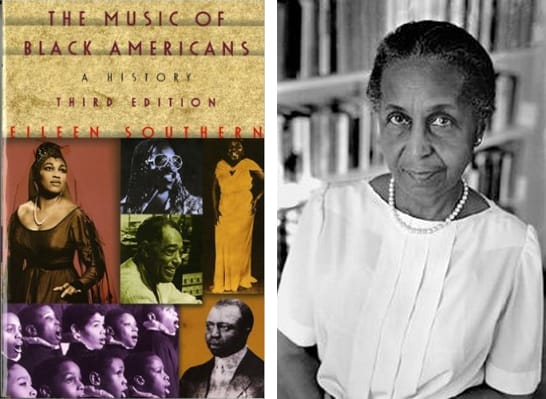 Eileen Jackson Southern was a musicologist who studied the influence of black musicians in American musical history. Photo credit: Wikipedia
Eileen Jackson Southern was a musicologist who studied the influence of black musicians in American musical history. Photo credit: Wikipedia
So, what do you mean by “literary national park”?
In the album I’m exploring the idea of common property of the American citizens: not only land, but also spiritual and psychological. Southern’s work is something I take refuge in and inspiration from—as you would from a park. She showed how early American composers like Charles Ives and Aaron Copeland drew from and shared music that originated with African Americans, and she made it possible to share that understanding. I believe we shouldn’t even still feel the need to separate this thing called “African American music.” It’s a quality and ideal of American life—like Yosemite and Yellowstone, it’s the common property of us all.
Do you think you’ll be able to get out and see a national park for yourself soon?
My family and I do have plans for a journey across the country to visit national parks this summer. And a few of the musicians in my quartet are outdoor guys: they get out in nature often, and they’ve invited me to take part.
I’m especially eager to visit Yellowstone, because it was the first national park, where this beautiful idea began. And Sequoia and King’s Canyon, and of course Yosemite. There’s something about that landscape that seems to inspire the best in people: on the album I call it the “Valley of Goodwill”—something I got out of the research I did—and it’s the piece where the ensemble is cracking those chords and the trumpet is calling on top. It’s very emotional. Whenever I play that, whenever I even hear that part, it always makes me bust with emotion.
Like the sound of that? Listen to a track from the “America’s National Parks” on SoundCloud, or learn more about Smith and his albums here.
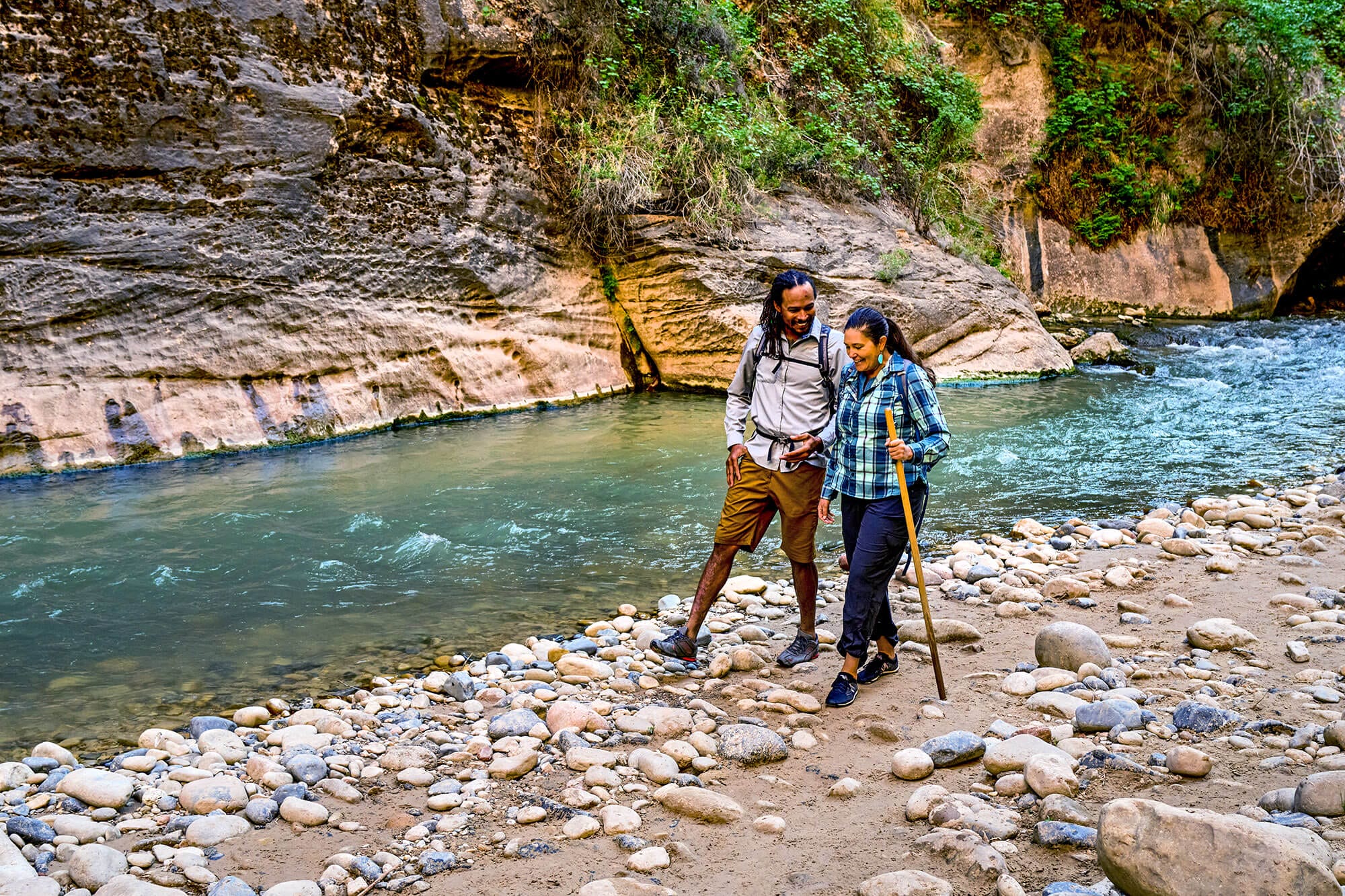
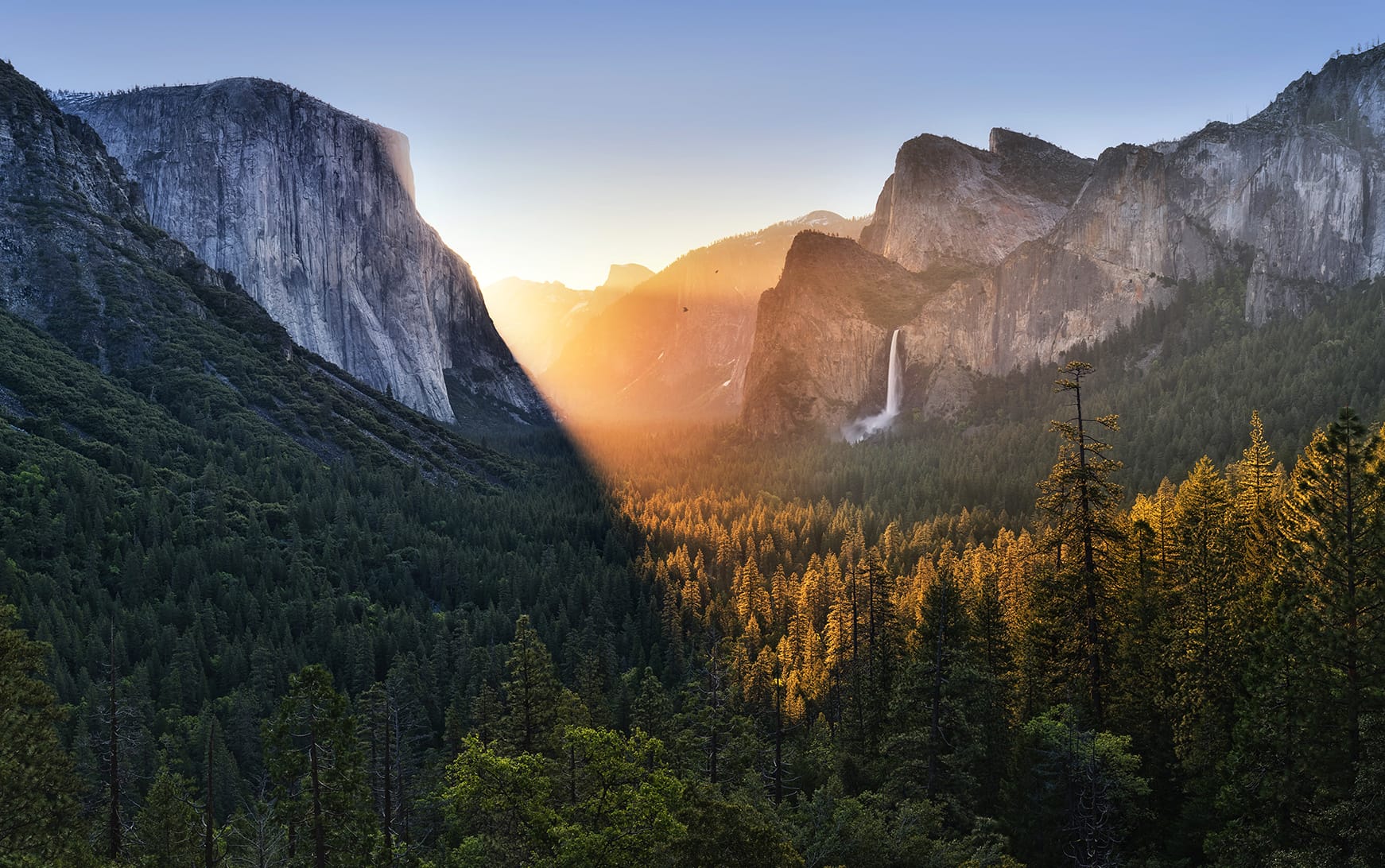
Donate to become a member, and you’ll receive a subscription to Land&People magazine, our biannual publication featuring exclusive, inspiring stories about our work connecting everyone to the outdoors.
See how our supporters are helping us connect people to the outdoors across the country.


